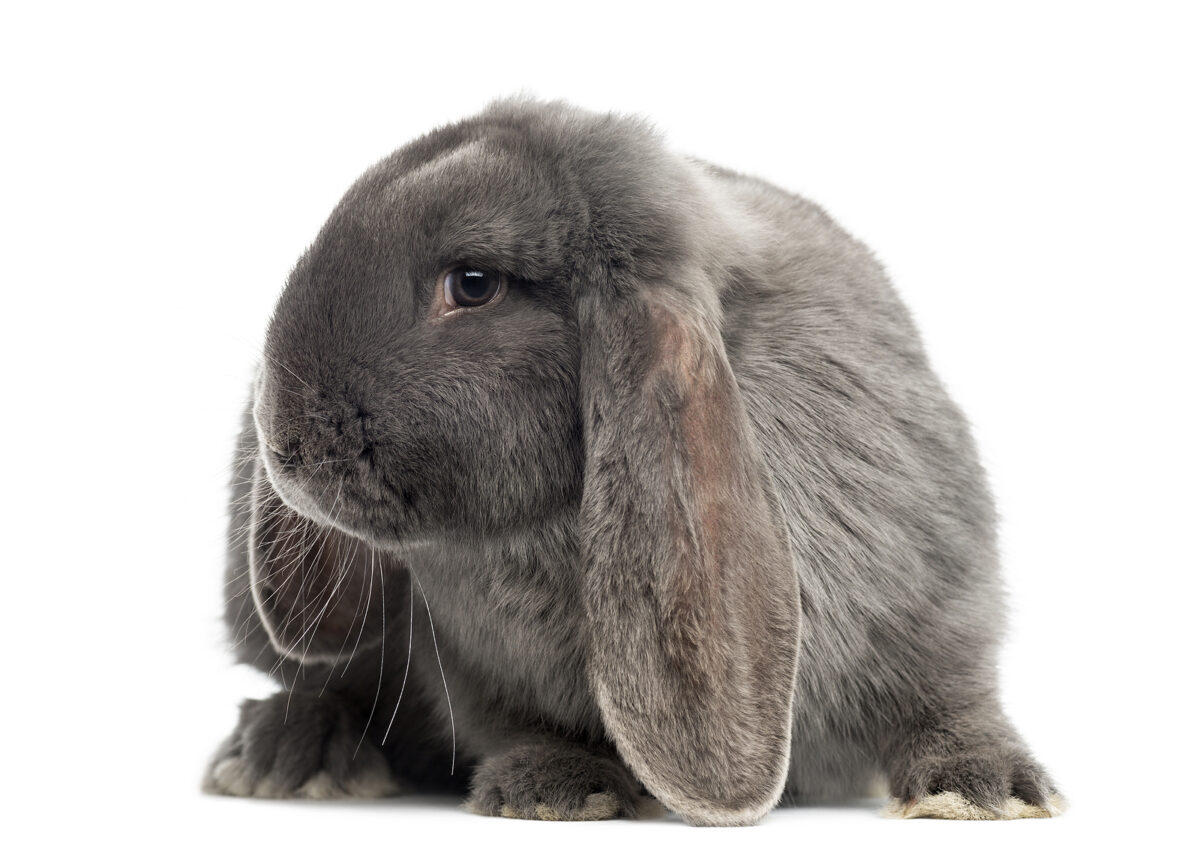Rabbits are among the most popular of pets other than cats and dogs, but there’s still a lot the average bunny owner may not know about bringing out their friendly side. A recent study can shed light on what you need to know about spay/neuter status, gender, size, how the rabbits were bred and raised, and how they’re handled and fed, all of which can help you and your rabbit develop a Fear Free relationship.
Beginning with size, dwarf rabbits in the study were perceived as friendlier than large rabbit breeds, although more aggressive toward unfamiliar humans in old age. Female rabbits were considered more aggressive with strangers and owners compared to male rabbits, and intact rabbits were perceived as friendlier than spayed/neutered rabbits. (This may have been a case of sexually frustrated rabbits soliciting attention from their owners rather than actual friendliness; such subjectivity was identified by the authors as one of the potential flaws in this research.)
The study found that rabbits who received longer-term maternal care, meaning they were kept with their mother even after weaning, exhibited friendlier behavior compared to rabbits who were hand-raised without their mother. This suggests that early weaning in rabbits may have negative effects on their social behavior later in life.
This finding isn’t surprising. Previous research also found premature weaning in rabbits resulted in more compulsive behaviors and inappropriate urine elimination. Similar findings have been observed in other species, such as horses, dogs, and cats, where premature weaning has been associated with behavioral problems and disrupted social behavior.
Diet and nutrition also have an impact on rabbit friendliness. Rabbits who were fed with muesli, a type of rabbit food, were reported to be more aggressive compared to rabbits who were fed with commercial rabbit food. Feeding rabbits with fresh greens was associated with friendlier behavior in both muesli-fed and pellet-fed rabbits.
Muesli-fed rabbits consumed less hay and water, which could have negative consequences on their dental health and activity levels. Overly long teeth can cause pain and lead to pain-related aggression, and energy-rich muesli can result in prolonged periods of inactivity, possibly contributing to behavioral problems.
The authors acknowledge some limitations, such as relying on data from lay observers through questionnaires, and said further research is needed to better understand the complex interactions between rabbits and their owners, and to provide evidence-based guidelines for optimal care and welfare of companion rabbits.
This article was reviewed/edited by board-certified veterinary behaviorist Dr. Kenneth Martin and/or veterinary technician specialist in behavior Debbie Martin, LVT.
Christie Keith is a journalist, editor, and communications consultant with an exclusive focus on animal welfare and veterinary medicine. She is a Fear Free Shelters graduate and Elite Fear Free Certified professional.
Want to stay in the loop on the latest and greatest in keeping your pet happy and healthy? Sign up for our free newsletter by clicking here!








